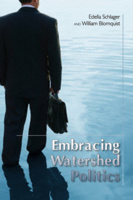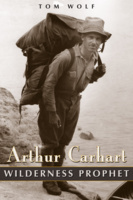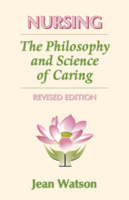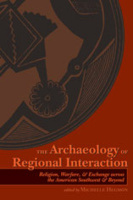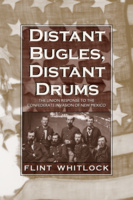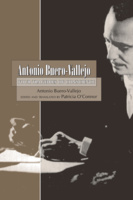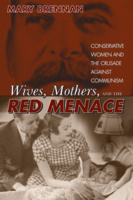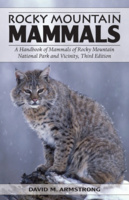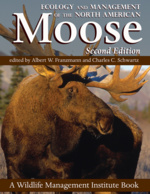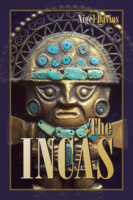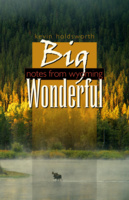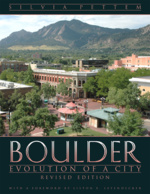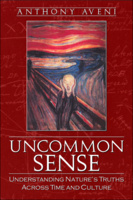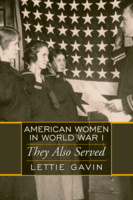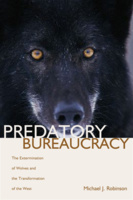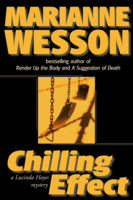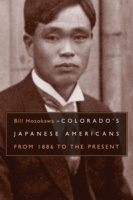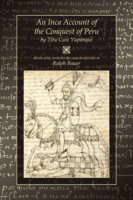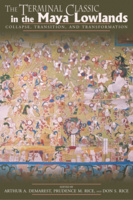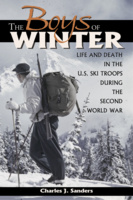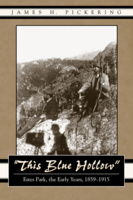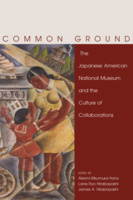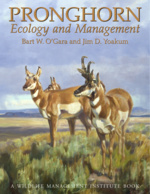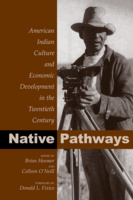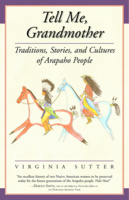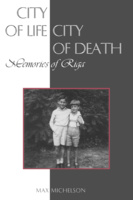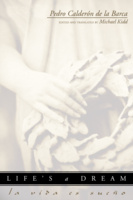
Founded in 1965, the University Press of Colorado is a nonprofit cooperative publishing enterprise supported, in part, by Adams State University, Colorado State University, Fort Lewis College, Metropolitan State University of Denver, University of Colorado, University of Northern Colorado, University of Wyoming, Utah State University, and Western Colorado University.
In 2012, University Press of Colorado merged with Utah State University Press, which was established in 1972. USU Press titles are managed as an active imprint of University Press of Colorado, and they maintain offices in both Louisville, Colorado, and Logan, Utah.
The University Press of Colorado, including the Utah State University Press imprint, publishes forty to forty-five new titles each year, with the goal of facilitating communication among scholars and providing the peoples of the state and region with a fair assessment of their histories, cultures, and resources.
Maya Worldviews at Conquest
Focusing on the Postclassic and Colonial periods, Maya Worldviews at Conquest provides a regional investigation of archaeological and epigraphic evidence of Maya ideology, landscape, historical consciousness, ritual practices, and religious symbolism before and during the Spanish conquest.
The Beast
Ores to Metals
The Rocky Mountain Smelting Industry
Dr. Charles David Spivak
A Jewish Immigrant and the American Tuberculosis Movement
Colorado Water Law for Non-Lawyers
The Madrid Codex
New Approaches to Understanding an Ancient Maya Manuscript
Archaeological Landscapes on the High Plains
Denver
An Archaeological History
Social Change and the Evolution of Ceramic Production and Distribution in a Maya Community
Listening to Cougar
A Tenderfoot in Colorado
He found friends among some of Colorado's more colorful characters, people who taught him much about life on the frontier. Jake Chisolm taught him how to shoot after rescuing him from two men preparing to skin him at poker. Wild Bill of Colorado taught him the meaning of "the drop" and warned him against wearing a gun in town unless he wanted trouble. Capturing the Western vernacular more accurately than any other writer, Townshend includes vivid details of life in the West, where he killed a buffalo, prospected for gold, and was present for the official government conference with the Ute Indians after gold was discovered on their lands.
A Remarkable Curiosity
Dispatches from a New York City Journalist's 1873 Railroad Trip across the American West
White Man's Paper Trail
Grand Councils and Treaty-Making on the Central Plains
Stan Hoig shows how treaty-making - once considered a viable method of peaceably resolving conflicts - degenerated into a deeply flawed system sullied by political deceptions and broken promises.
White Man's Paper Trail illuminates the pivotal role of treaty negotiations in the buildup to the Plains Indian wars, in American Indians' loss of land and self-determination, and in Euro-American westward expansion.
Hunter-Gatherer Archaeology of the Colorado High Country
Foundations of New World Cultural Astronomy
A Reader with Commentary
The Arapaho Language
Conquered Conquistadors
The Lienzo de Quauhquechollan, A Nahua Vision of the Conquest of Guatemala
Mockeries and Metamorphoses of an Aztec God
Tezcatlipoca, "Lord of the Smoking Mirror"
A Prosperous Way Down
Principles and Policies
- Copyright year: 2008
Embracing Watershed Politics
Arthur Carhart
Wilderness Prophet
Nursing
The Philosophy and Science of Caring, Revised Edition
The Archaeology of Regional Interaction
Religion, Warfare, and Exchange across the American Southwest and Beyond
Distant Bugles, Distant Drums
The Union Response to the Confederate Invasion of New Mexico
Antonio Buero-Vallejo
Four Tragedies of Conscience
Wives, Mothers, and the Red Menace
Conservative Women and the Crusade against Communism
After Monte Albán
Transformation and Negotiation in Oaxaca, Mexico
Brenda Is in the Room and Other Poems
Published by the Center for Literary Publishing at Colorado State University
Rocky Mountain Mammals
A Handbook of Mammals of Rocky Mountain National Park and Vicinity, Third Edition
Ecology and Management of the North American Moose, Second Edition
- Copyright year: 2007
Rabinal Achi
A Fifteenth-Century Maya Dynastic Drama
The Incas
Big Wonderful
Notes from Wyoming
Boulder
Evolution of a City, Revised Edition
Uncommon Sense
Understanding Nature's Truths Across Time and Culture
American Women in World War I
They Also Served
Predatory Bureaucracy
The Extermination of Wolves and the Transformation of the West
Chilling Effect
A Lucinda Hayes Mystery
Colorado's Japanese Americans
From 1886 to the Present
An Inca Account of the Conquest of Peru
The Terminal Classic in the Maya Lowlands
Collapse, Transition, and Transformation
The Boys of Winter
Life and Death in the U.S. Ski Troops During the Second World War
This Blue Hollow
Estes Park, the Early Years, 1859-1915
Common Ground
The Japanese American National Museum and the Culture of Collaborations
Pronghorn: Ecology & Mangemt
Ecology and Management
- Copyright year: 2004
Native Pathways
American Indian Culture and Economic Development in the Twentieth Century
Tell Me, Grandmother
Traditions, Stories, and Cultures of Arapaho People
City of Life, City of Death
Memories of Riga
Michelson had a serene boyhood in an upper middle-class Jewish family in Riga, Latvia--at least until 1940, when the fifteen-year old Michelson witnessed the annexation of Latvia by the Soviet Union. Private properties were nationalized, and Stalin's terror spread to Soviet Latvia. Soon after, Michelson's family was torn apart by the 1941 Nazi invasion of the Soviet Union. He quickly lost his entire family, while witnessing the unspeakable brutalities of war and genocide.
Michelson's memoir is an ode to his lost family; it is the speech of their muted voices and a thank you for their love. Although badly scarred by his experiences, like many other survivors he was able to rebuild his life and gain a new sense of what it means to be alive.
His experiences will be of interest to scholars of both the Holocaust and Eastern European history, as well as the general reader.





















